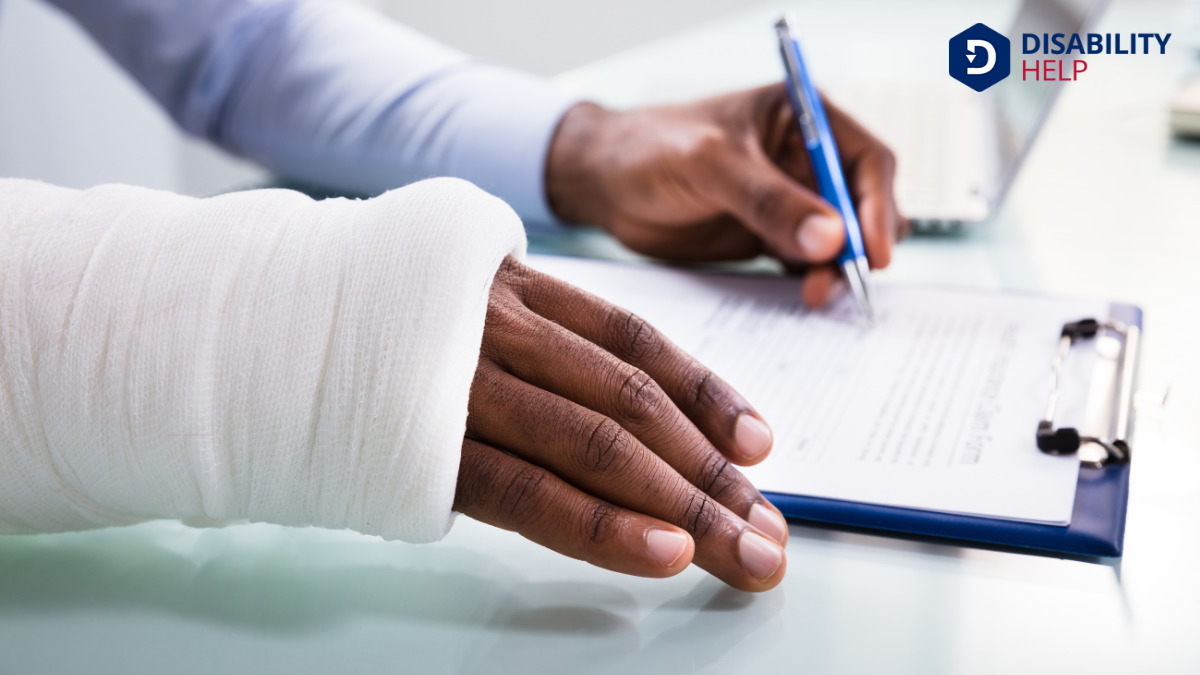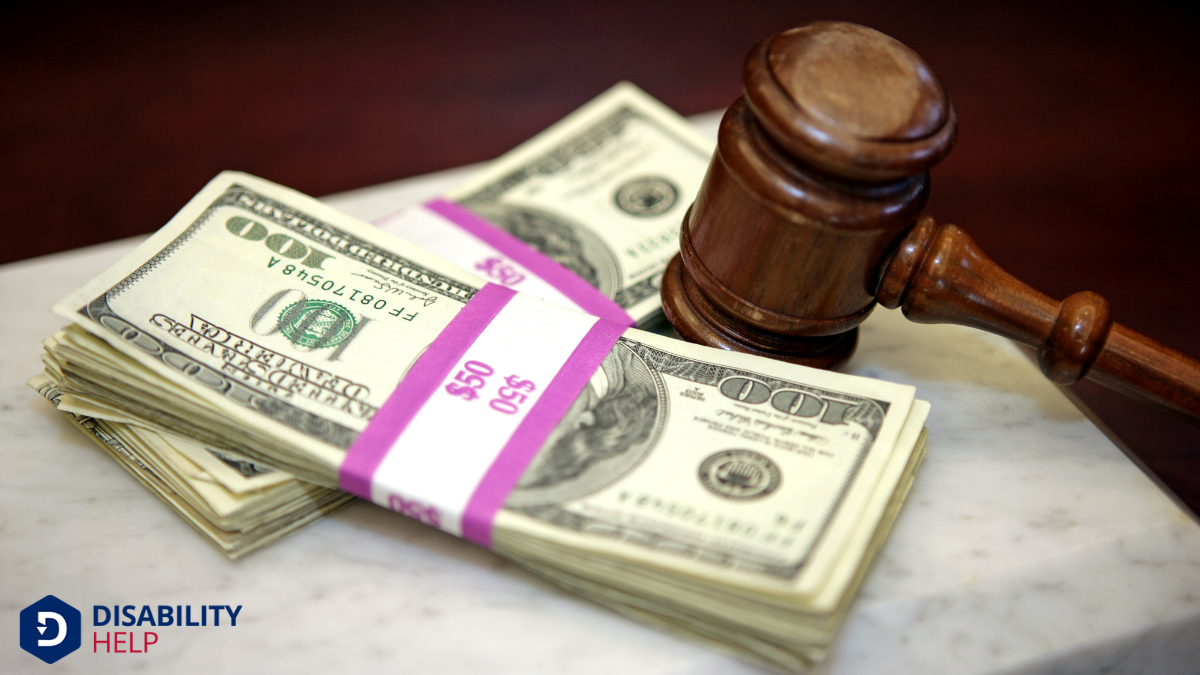Let's talk about personal injury payouts. When we're injured because of someone else's negligenceA legal concept where a party fails to exercise reasonable care, resulting in harm to another person..., we might be entitled to compensation. This payout isn't just about covering medical bills; it also accounts for lost wages and the pain we've endured. But how is this compensation calculated, and what factors come into play? We'll explore the intricacies of personal injury payouts and uncover what it takes to guarantee a fair settlement.
Key Takeaways
- A personal injury payout is compensation received by an individual for injuries caused by another party's negligence.
- It covers economic damages like medical bills and lost wages and non-economic damages like pain and suffering.
- Payouts can come from the at-fault party's insurance or the injured person's own insurance if the other party is uninsured.
- Settlement amounts are calculated based on the severity of the injury and the impact on the victim's life.
- Skilled negotiation or legal representationThe way people with disabilities are depicted in media, culture, and politics, often influencing pub... can maximize the payout by ensuring a fair and comprehensive assessment of damages.
Understanding Personal Injury Law
Understanding personal injury lawThe area of law that deals with compensating individuals who have been injured, including those with... is essential when traversing the aftermath of an accident. We might feel overwhelmed by legal jargon and the complexities involved, but grasping the basics can empower us.
At its core, personal injury law enables us to seek compensation when we're harmed due to someone else's negligence. It guarantees accountability and offers a path to recovery, both physically and financially.
We need to know our rights and the steps required to protect them. This includes gathering evidence, documenting injuries, and understanding potential legal avenues.
Types of Personal Injury Claims

Now that we've laid the groundwork for understanding personal injury law, let's explore the various types of personal injury claims we might encounter.
By familiarizing ourselves with these, we can better navigate the complexities of pursuing compensation. Personal injury claims typically arise from situations where negligence or intentional harm leads to injury.
Here are three common types we should know:
- Car Accidents: These are among the most frequent claims, often involving negligence like distracted or drunk driving.
- Slip and Fall: These occur when property owners fail to maintain safe environments, causing injury.
- Medical Malpractice: Patients might seek claims when medical professionals deviate from standard care, causing harm.
Understanding these types helps us identify potential claims and pursue rightful compensation.
The Role of Insurance in Personal Injury Cases
While steering through personal injury cases, we can't overlook the essential role insurance plays in the process. Insurance helps guarantee that financial resources are available to cover medical bills, lost wages, and other damages when accidents occur.
Typically, the at-fault party's insurance company is responsible for compensating the injured party. However, our own insurance might step in if the other party is uninsured or underinsured.
Navigating insurance claims can be complex, involving negotiations and sometimes disputes over the extent of coverage. It's imperative that we comprehend our policy details and rights.
Working with a knowledgeable attorney can help us effectively communicate with insurers, making sure they fulfill their obligations. In this way, insurance acts as a financial buffer, aiding recovery and stability after an incident.
How Settlements Are Calculated
When it comes to calculating settlements in personal injury cases, several factors come into play, influencing the final amount we might receive.
Understanding how these calculations work helps us anticipate what to expect. Here's a simplified breakdown:
- Compensatory Damages: These cover the actual costs we've incurred, like medical bills or lost wages.
- Non-Economic Damages: This includes compensation for pain, suffering, and emotional distress, which aren't tied to specific bills.
- Multipliers: Insurers or courts sometimes use a multiplier on our economic damages to account for non-economic damages, typically ranging from 1.5 to 5, depending on case severity.
Factors Influencing Settlement Amounts

Let's explore some critical factors that influence settlement amounts in personal injury cases.
We'll look at how the severity of injuries and the degree of liability and negligence play significant roles in determining the final payout.
Severity of Injuries
Understanding the severity of injuries is essential in determining the settlement amount for a personal injury case. When we assess the impact of injuries, we consider how they affect daily life, work, and long-term health. The more severe the injury, the higher the potential settlement.
We must evaluate:
- Extent of Medical Treatment: More intensive treatments usually indicate serious injuries, influencing settlement size.
- Duration of Recovery: Longer recovery periods can lead to greater compensation due to extended pain and suffering.
- Permanent ImpairmentA loss or abnormality of a body structure or function, whether physical, mental, or sensory, often a...: Injuries causing lasting disabilities or impairments greatly impact settlement amounts, as they alter life's trajectory.
Liability and Negligence
Determining liability and negligence is essential in personal injury cases, as these factors directly influence settlement amounts. When we assess who’s at fault, we need to understand the extent of their responsibility. If the other party is entirely at fault, we might expect a higher settlement. However, if we share some blame, it could reduce our compensation.
Negligence is about proving someone didn’t act with reasonable care. We must gather evidence showing how their actions led to our injuries. This could involve eyewitness accounts, expert testimonies, or accident reports.
The clearer we establish negligence, the stronger our case becomes. Understanding these aspects helps us negotiate effectively, ensuring we receive fair compensation for the harm we’ve endured.
Steps Involved in Filing a Personal Injury Claim
When we're filing a personal injury claim, two critical steps we need to focus on are gathering the necessary documentation and negotiating settlement offers.
It’s crucial to organize medical records, accident reports, and any other evidence that supports our claim.
Once we've got everything in order, we'll be better prepared to negotiate effectively with insurance companies for a fair settlement.
Gathering Necessary Documentation
Gathering the right documentation is essential when filing a personal injury claim. We need to compile everything meticulously to strengthen our case and guarantee we receive the compensation we deserve.
Let’s focus on the key documents we should collect:
- Medical Records: These provide evidence of the injury and the treatment received, detailing our journey to recovery.
- Police Reports: If law enforcement was involved, these reports can offer an unbiased account of the incident.
- Witness Statements: Gathering statements from those who saw the accident can support our version of events.
Each document builds a clearer picture of our situation, reinforcing our claim.
Negotiating Settlement Offers
Once we've gathered all the necessary documentation, we're ready to move on to negotiating settlement offers. This stage is vital because it determines the compensation we might receive.
First, we’ll present a demand letter, outlining our case, injuries, and the compensation amount we seek. It’s important to be clear and factual, as this sets the foundation for discussions.
Next, the insurance company will typically respond with a counteroffer. We shouldn't feel pressured to accept immediately. Instead, we’ll evaluate their offer, considering our needs and the evidence we’ve collected.
It's a back-and-forth process, requiring patience and a clear understanding of our case's value. Throughout, we stay focused on achieving a fair settlement, ensuring our rights and interests are protected.
Common Challenges in Personal Injury Cases
In managing personal injury cases, we often encounter a set of common challenges that can complicate the process. Understanding these hurdles helps us navigate them more effectively.
First, dealing with insurance companies can be tricky. They may attempt to minimize payouts or delay the process, which can be frustrating and time-consuming.
Second, gathering evidence can be difficult, especially if vital information is missing or witnesses are uncooperative.
Finally, calculating fair compensation isn't always straightforward, as it involves evaluating both current and future expenses related to injuries.
- Insurance negotiations: Companies may resist offering fair settlements.
- Evidence collection: Missing or incomplete evidence can weaken a case.
- Compensation evaluation: Accurately determining the right payout requires careful assessment.
Tips for Maximizing Your Personal Injury Payout

While maneuvering through the challenges in personal injury cases, we can take strategic steps to enhance the potential payout. First, documenting everything is essential. Keep detailed records of medical visits, expenses, and any communication related to the case. This evidence strengthens our claim.
Next, let’s avoid rushing into a settlement. Insurance companies often undervalue claims, so patience can lead to better offers. Consulting with an experienced personal injury attorney can provide valuable insight and negotiation skills we might lack.
Additionally, staying consistent in our statements helps maintain credibility. Finally, taking care of our health by following medical advice guarantees we’re in the best position to recover fully and reflect the true impact of our injuries, maximizing our compensation.
Conclusion
To sum up, we're here to help you navigate the complexities of personal injury claims. By understanding the various components, from insurance roles to calculating settlements, you can better position yourself for a fair payout. Remember, each case is unique, so staying informed and proactive is key. Don’t hesitate to seek professional advice to maximize your compensation. Together, we can work towards ensuring you receive the justice and support you deserve.






